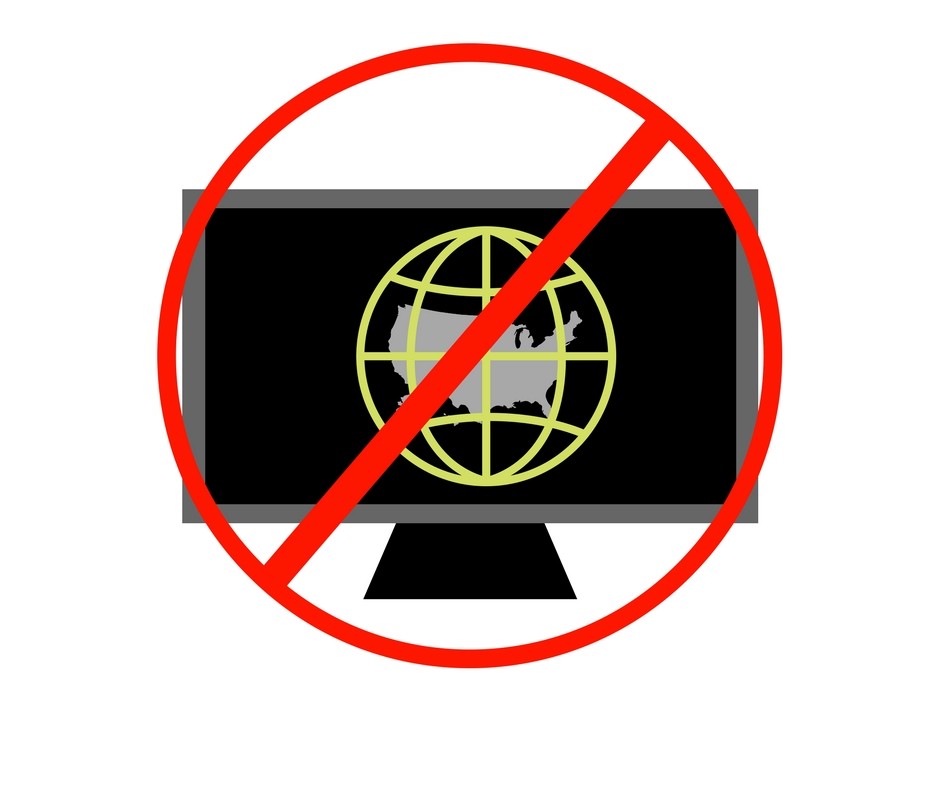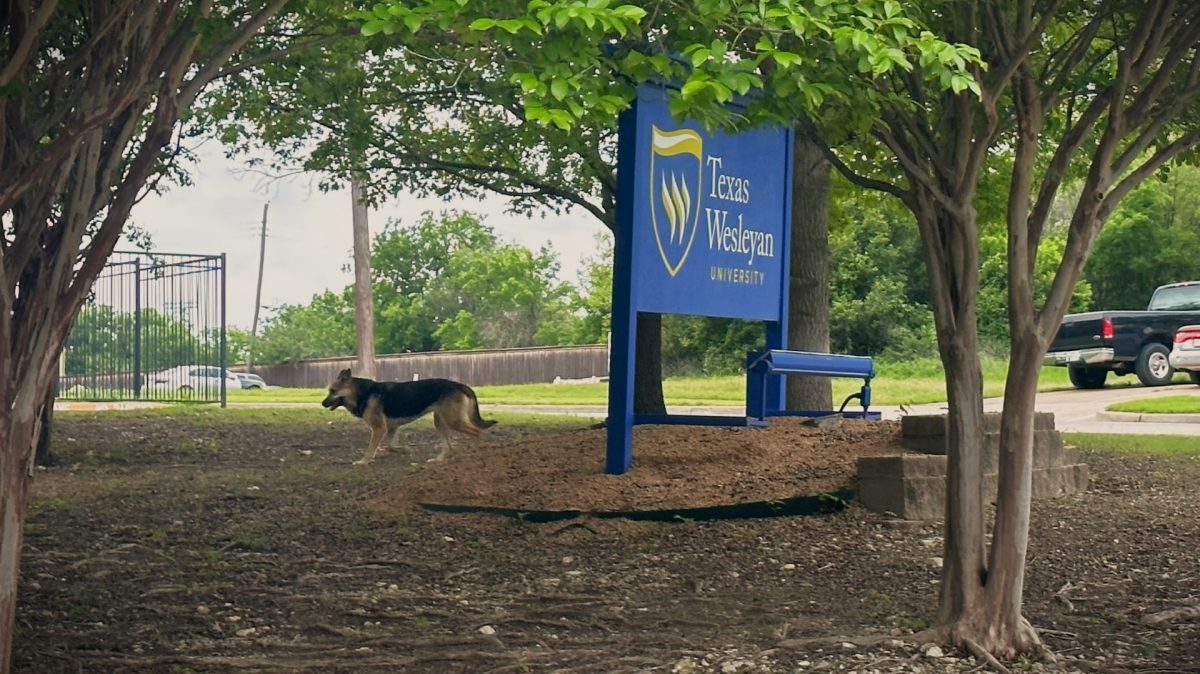Spending hours binge-watching Netflix and YouTube may soon become too expensive for college students.
On Dec. 14, 2017, the Federal Communications Commission voted 3-2 to end net neutrality.
Net neutrality is a system that makes the internet free and equally accessible to users without any filtering or censorship from broadband companies. Net neutrality also prevents the companies from charging fees for using certain websites like Facebook or Google. The net neutrality rules removed were put in place by President Barack Obama in 2015, according to the Los Angeles Times.
The chairman of the FCC, Ajit Pai, a former lawyer for Verizon Wireless who was appointed by President Donald Trump, is strongly against net neutrality. He claimed the net neutrality rules put in place during the Obama era were only made to put more government control on the internet.
Without net neutrality, internet companies have more power, and with that power they have opportunities to make the internet too expensive and restrictive for their customers. What many fear is that the companies will begin to charge fees for using certain sites and make other sites harder to reach by making the internet speeds very slow.
This can become unfair quickly because, for example, if one of the companies creates their own platform for streaming movies and TV, they can slow down the speeds on competing websites like Netflix or Hulu to bring customers over to their site. The companies can even make using those websites more expensive.
Without net neutrality, internet companies have the option to offer packages in the payment plans for certain bundles of websites. For example, you could pay for a bundle, just like cable, that would include social media sites like Instagram, Twitter and Facebook. This would cause majority of internet consumers to miss out on smaller forms of social media sites because they are not included in the package.
The big internet companies stand to profit greatly from the end of net neutrality because they can charge extra for high speeds.
Before and after the vote to end net neutrality, the internet went crazy fighting to keep the policy in place. Pai became the public’s biggest enemy and was heavily criticized. A myriad of celebrities, including Sophia Bush and Mark Ruffalo, took to social media to express their views on the issue.
Cher tweeted, “Net Neutrality means Trump can change the internet,” she wrote. “It will include less Americans not more!! Now Comcast, AT&T, Google will show you ONLY WHAT THEY WANT YOU TO SEE!! SLOWER AND MORE EXPENSIVE AT THEIR WHIM!! See less charged more…”
Host of Last Week Tonight John Oliver expressed the importance of saving net neutrality on his show back in 2017 and encouraged the public to fight for an open internet. Oliver also spoke on this issue in 2014 with a video that went viral and encouraged his fans to let the FCC know net neutrality is needed.
Several companies expressed their support of net neutrality including Netflix and Amazon.
“We’re disappointed in the decision to gut #NetNeutrality protections that ushered in an unprecedented era of innovation, creativity & civic engagement,” Netflix tweeted. “This is the beginning of a longer legal battle. Netflix stands w/ innovators, large & small, to oppose this misguided FCC order.”
Burger King released a video last month explaining net neutrality with a whopper on their twitter page.
Something Americans need to remember is that anyone who uses the internet will be affected. This issue is not Democratic or Republican; it is a human issue.
Imagine all the research engines, social media outlets and streaming services a student uses in a day. Most classes at Texas Wesleyan require access to the internet either with Blackboard or email. College students can spend hours at a time conducting research online for projects and papers.
The Rambler relies on Word Press, Facebook, Twitter, YouTube, Email and Instagram just to share news. Who knows how the school will deal with the high fees that could be added to their data bill? Will tuition rise even higher, once again?
There are so many scary possibilities broke college students may have to deal with in many different ways.
People who also stand to hurt from net neutrality are content creators for the internet. College students who are studying how create websites and blogs may find doing so to be harder.
With internet traffic pushed to certain areas of the internet, it could really hurt the smaller sites. Small startup businesses may not even be able to afford the sites they need due to the fees they could potentially get charged.
Without net neutrality, anyone who uses internet will have to face the possible fees and lower speeds coming their way, which largely includes college students. It is important for this generation to speak up and share their objections because already light pockets could be getting even emptier just to accomplish basic tasks with these changes.










![Pippin, played by Hunter Heart, leads a musical number in the second act of the musical. [Photo courtesy Kris Ikejiri]](https://therambler.org/wp-content/uploads/2025/04/Pippin-Review-1200x800.jpg)
![Harriet and Warren, played by Trinity Chenault and Trent Cole, embrace in a hug [Photo courtesy Lauren Hunt]](https://therambler.org/wp-content/uploads/2025/02/lettersfromthelibrary_01-1200x800.jpg)
![Samantha Barragan celebrates following victory in a bout. [Photo courtesy Tu Pha]](https://therambler.org/wp-content/uploads/2025/05/20250504_164435000_iOS-834x1200.jpg)





![Hunter Heart (center), the play's lead, rehearses a scene alongside other student actors. [Photo courtesy Jacob Sanchez]](https://therambler.org/wp-content/uploads/2025/04/thumbnail_IMG_8412-1200x816.jpg)
![Student actors rehearse for Pippin, Theatre Wesleyan's upcoming musical. [Photo courtesy Jacob Rivera-Sanchez]](https://therambler.org/wp-content/uploads/2025/04/Pippin-Preview-1200x739.jpg)
![[Photo courtesy Brooklyn Rowe]](https://therambler.org/wp-content/uploads/2025/05/CMYK_Shaiza_4227-1080x1200.jpg)

![Lady Rams softball wraps up weekend against Nelson Lions with a victory [6 – 1]](https://therambler.org/wp-content/uploads/2025/04/Screenshot-2025-04-04-100924-1200x647.png)
















